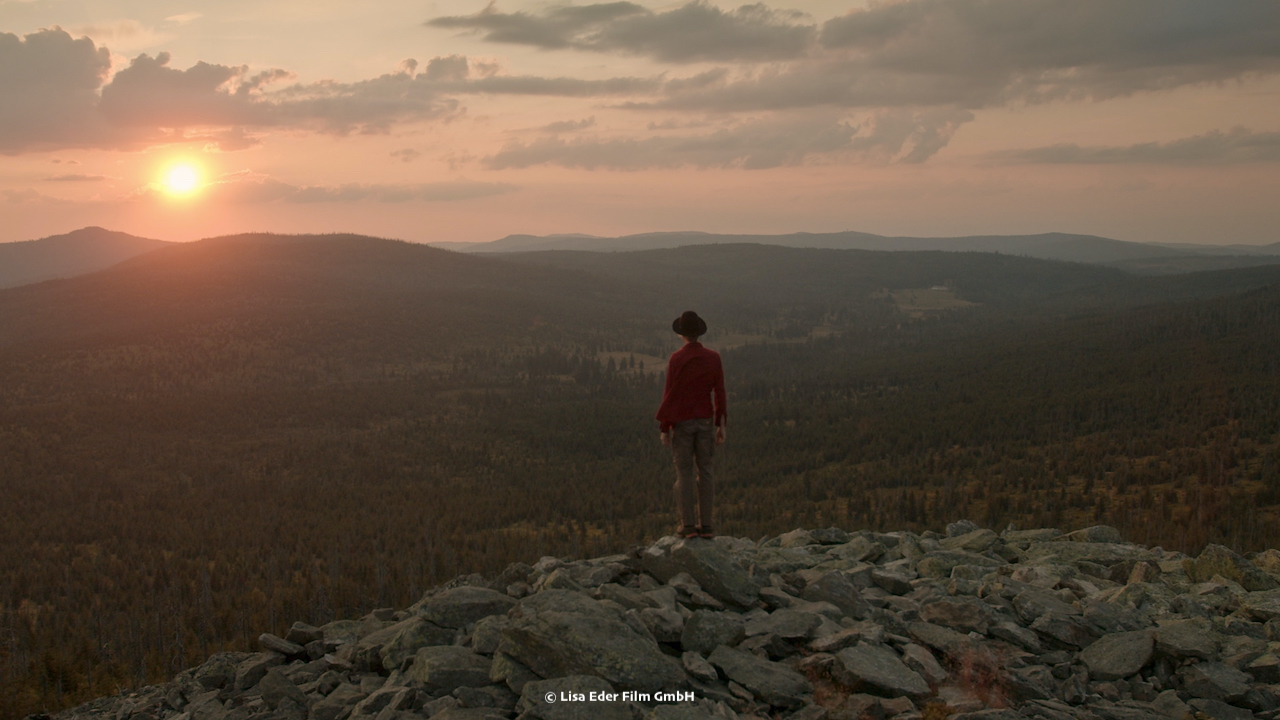Filmmaker Lisa Eder honors the Bavarian Forest National Park on its 50th birthday with a documentary that touches deeply. A declaration of love that leaves its mark.
It is not a nature film in the classical sense. In her documentaries, Lisa Eder explores the question of the relationship between man and nature. Her work has taken her to national parks around the world: to Kenya, Namibia, Botswana, the Gobi Desert, but also to the Hohe Tauern. With her latest film project "The Wild Forest. Letting Nature Be Nature", the Bavarian Forest National Park received a tribute on its 50th birthday that could hardly be more heartfelt. Lisa Eder, who grew up in the Bavarian Forest, impressively shows how much we need the wild. The wild leaves room for the new, the unknown, the surprising - for a cycle that in this versatility can also find answers to questions that still worry us today.
The Bavarian Forest National Park is the first and oldest internationally recognized national park in Germany. Together with the neighboring Šumava National Park in the Czech Republic, it forms the largest forest reserve in Central Europe in which humans do not interfere. It is a refuge for endangered animal and plant species and a popular recreational area. Nowhere else in Central Europe can such a large area of forests and moors grow and develop naturally.
An eventful past: the relationship between man and nature in the Bavarian Forest National Park

Relationships rarely run only harmoniously. Quite a few break up when something seemingly destructive happens, trust fades and the fear of the unknown is too great. In the early 1990s, severe hurricanes mowed down large areas of the forests in the Bavarian Forest National Park. The subsequent massive infestation of spruce trees by bark beetles destroyed the faith of many locals in the concept of "letting nature be nature".
Fortunately, nature was allowed to assert itself. Just a few years later, the spruce forests had rejuvenated. The deadwood serves as a food source and habitat for fungi, mosses, lichens, insects, reptiles, birds and also mammals. Ideal conditions for species protection and biodiversity. Because man does not interfere with nature, a primeval forest grows out of the former commercial forests, a unique ecosystem.
The Wild Forest: a region to learn and understand

People come here to the borderland area with the Czech Republic from all over the world. They are looking for answers to the question of why we need more wild nature. What can we learn from it to preserve forests for future generations in times of climate change?
The film "Wild Forest. Letting Nature Be Nature", which should have been shown last year, will finally celebrate its German premiere at DOK.fest Munich 21 in May.
A first impression of the documentary "Der Wilde Wald" can be found here:
DER WILDE WALD – Natur Natur sein lassen – TRAILER_720p
Found on: Der Wilde Wald: Wo die Natur Natur sein darf – good news for you (goodnews-for-you.de)
